Projects
Water for life - drinking water supplies
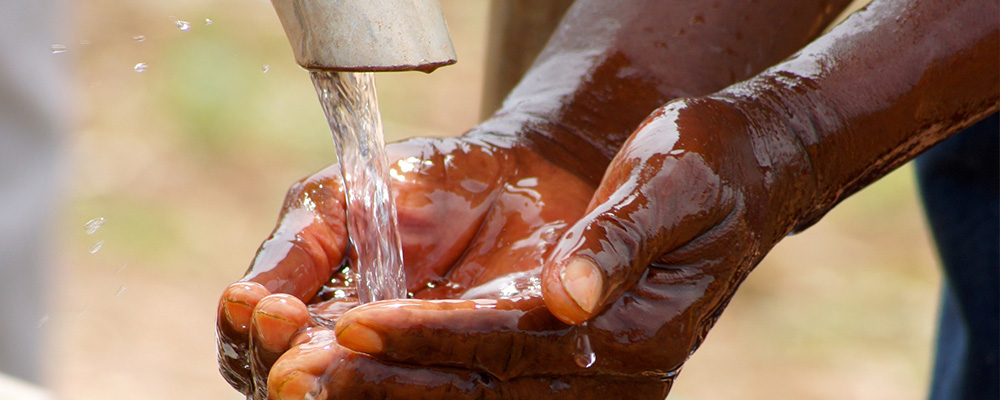
Our main target groups are women and disadvantaged youth (Women & Youth Associations) in rural areas, often school drop-outs, school leavers and some have never even been to school.
The objective is to provide the inhabitants of several villages with clean potable water, that water is also available for sanitation and a ‘community garden project’.
This will help women and young girls in particular because in African countries, this is a specific task for them. For the nearest water availability, they now often have to walk miles with heavy jerry cans on their heads, which also causes the girls to miss many school hours or even not be able to attend school. Thanks to the availability of drinking water, combined with sanitation and growing fruits & vegetables, they are also taught the need for hygiene (e.g. washing hands after going to the toilet and before cooking).
Our projects came about partly with support from the Flemish government under the Flemish Partnership Water for Development.
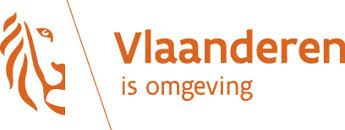
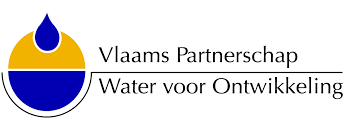
Food security & employment
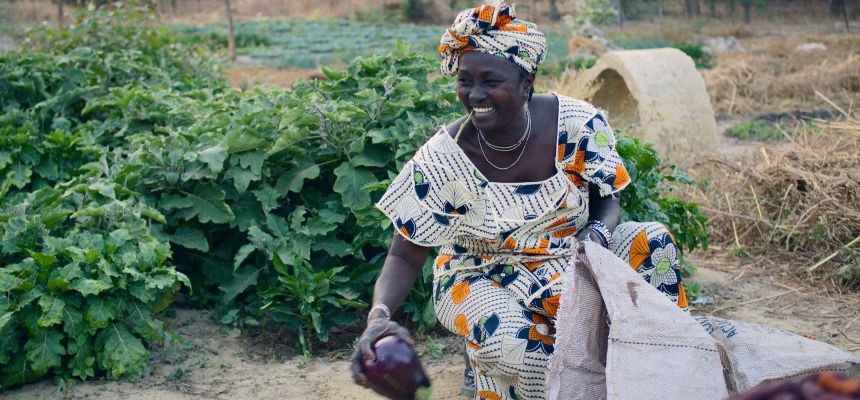
The prolonged periods of drought (4-6 months) also mean that there is often no quality healthy food. This in turn brings malnutrition and child mortality. The urgency for food security is greater than ever in a world where 828 million people go to bed hungry. Our wish is for this to stop! A child who is hungry cannot study!
Important to us is the sustainability of the project. Ensuring food security reduces and prevents child malnutrition. We also want our projects to create employment and income (growing and selling additional fruits & vegetables). After deducting costs, part of the proceeds will be used for maintenance of the water plant and tools, also part will be invested back into the project for the purchase of seeds and plants. Another part will be paid out to the project participants as compensation for labour rendered and as school fees for the children. We aim to achieve sustainable agriculture and above all food security so that the people can sustain their livelihoods permanently.
roject proposals are always submitted by local people and examined by us for feasibility. This way, there is also a certain guarantee that they have a say and are sufficiently motivated. The aim is that after 1 or 2 years, the project is sufficiently developed so that the local population can continue working independently.
In The Gambia, poverty, especially in rural areas, remains the main factor pushing most young men & women towards migration and prostitution (rural to urban and international migration) in search of ‘greener pastures’. Migration leads to the destruction of the social fabric that is so far, the basic support in the balance that makes/maintains communities self-reliant and stable.
By creating employment opportunities in this way, we offer the youth, an economic future. By giving them healthy food and a future perspective, we expect migration to reduce and hopefully one day stop.
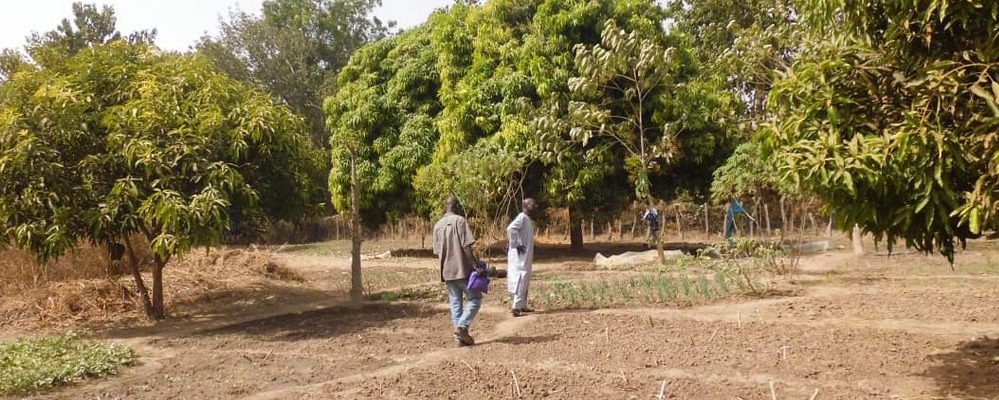
Through our agricultural projects, we want to contribute to eradicate poverty and hunger, but more so to prevent malnutrition in children. There is enough land to grow vegetables and crops, as well as to raise animals for food, wool and other products. But unfortunately due to prolonged periods of drought, none of this is possible without a water supply.
Agricultural projects are opportunities for employment and better nutrition which in turn ultimately improves health. It will eventually improve the economy and make people self-reliant. It also provides future prospects for the youth!
Sanitary installations & hygiene
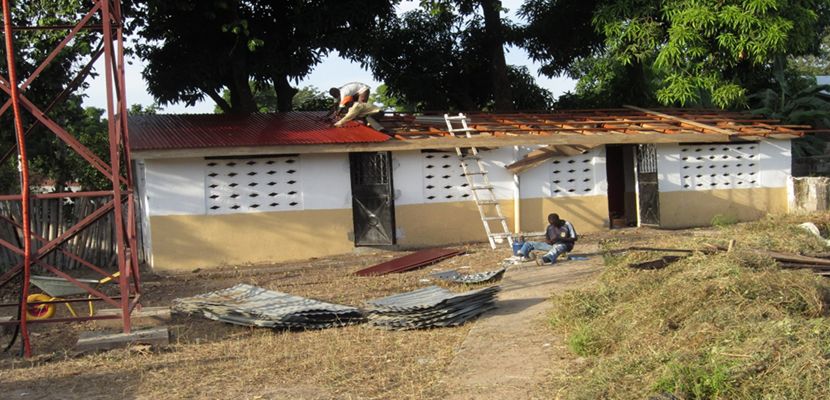
Billions of people do not have access to hygienic toilets. We want to change this with our projects by making clean water, sanitation facilities available and education on the need for hygiene. These are prerequisites for self-reliance, a healthy and productive life.
By sanitation, we mean facilities needed for the supply and disposal of water. They range from water pipes to sewers and everything in between. Sanitary installations are crucial and the beginning of making people aware of the need for hygiene. Four-fifths of all diseases are transmitted by water. Drinking contaminated water gives people diseases like cholera, diarrhoea, typhoid and dysentery, among others. These are diseases that result from lack of safe toilets and proper hygiene. These diseases are also one of the biggest causes of child mortality. Diarrhoea causes about 4% of deaths and 5% of disabilities worldwide. Today, there is still a very high risk because of the many open sewers. No more open sewers!
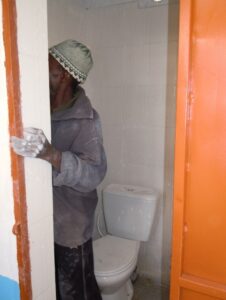
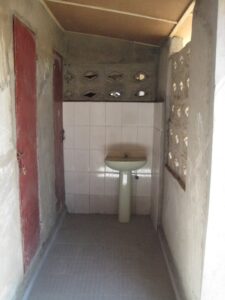
By this we mean doing things to stay healthy and prevent pathogens or parasites from spreading, surviving and infecting anyone. Poor hygiene not only causes water-related diseases but also causes parasitic diseases such as worms, scabies and trachoma (inflammation in the conjunctiva of the eye). Some examples of good hygiene are: washing hands after going to the toilet, before and after preparing food, cleaning places you often touch like door handles, light switches, etc. We try to make people aware of this so that eventually these diseases will die out instead of people.
Scholarships & micro-credits

By giving talented young people the opportunity to study, they will later have a chance of a better job which in turn will give their future children a better future too! This is how our little drop can grow into a big ocean!
Through microcredit we support individual people, often women or organised women’s groups, with a small loan so that they can improve their living conditions. For two reasons, these loans are often granted to women. Firstly, women have proven to be more reliable in repaying and secondly, by choosing women we also promote women’s emancipation. A microcredit gives these people the opportunity to invest in, for example, a shop, a sewing machine or a cow, so they can develop themselves and improve their future and become economically independent. Income inequality decreases when growth in the number of borrowers is encouraged.
Microcredit also has a positive impact on other areas of life. Often, participants have better access to healthcare and children in the household go to school. So a microcredit can improve the quality of life of an entire family!
With our projects, we strive for an environmentally friendly (h)fair world.
‘We support people who want to develop themselves!